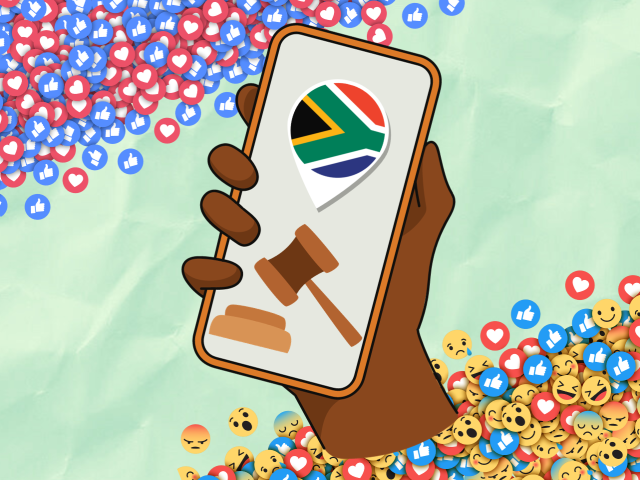
GUIDE: Vetting claims about legislation in South Africa
New laws are often the target of misinformation because of their political and economic impact. Here are tips to avoid these false claims.

New laws are often the target of misinformation because of their political and economic impact. Here are tips to avoid these false claims.
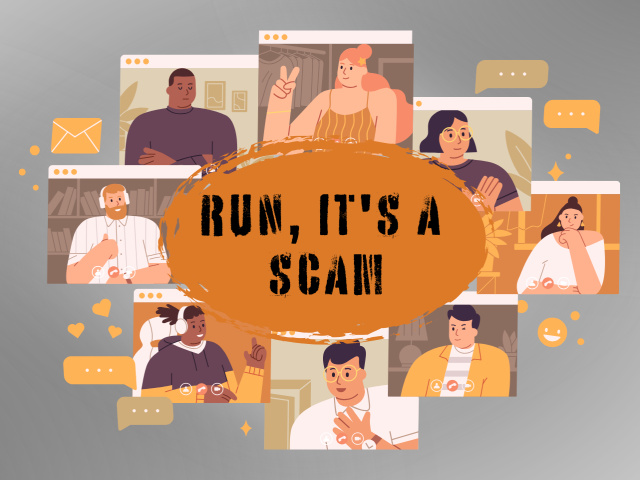
Not all conferences are created equal, as one South African academic recently discovered, sharing her experience with Africa Check.
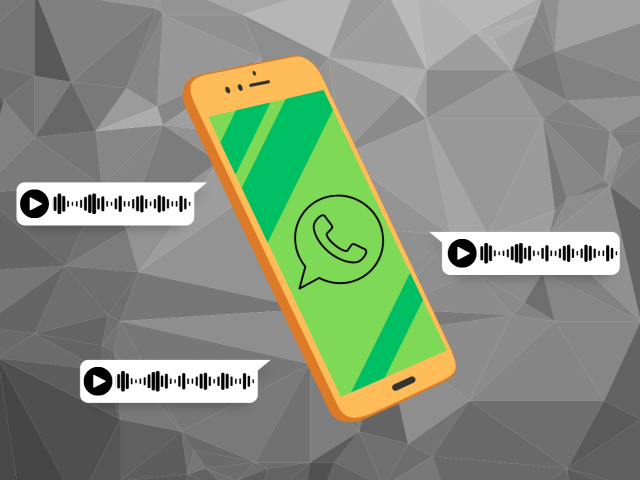
Voice messages have many advantages, but they are also a tremendous source and channel for the dissemination of false information.
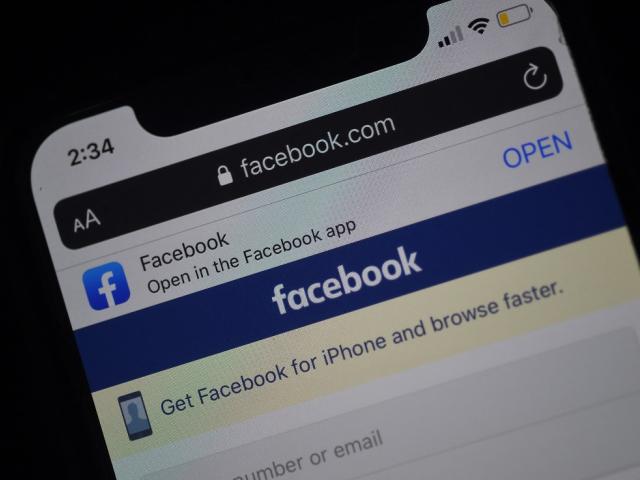
Anyone can lose their money online, as victims' experiences show. But you can strengthen your defences by knowing what to look out for.
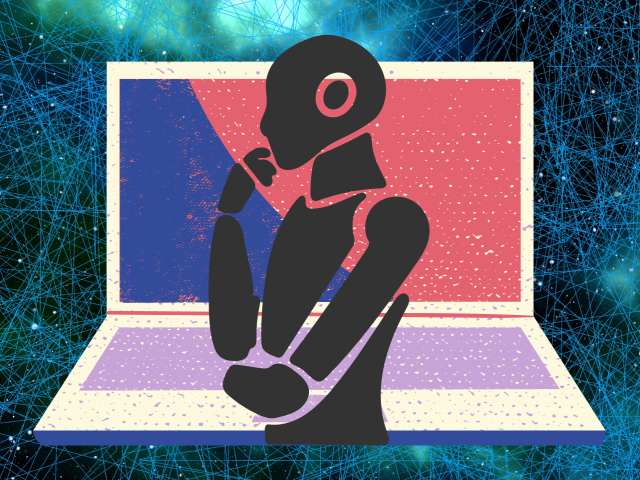
In this guide, we’ve taken it back to basics to explain how to identify images and videos where not everything is as it appears to be.
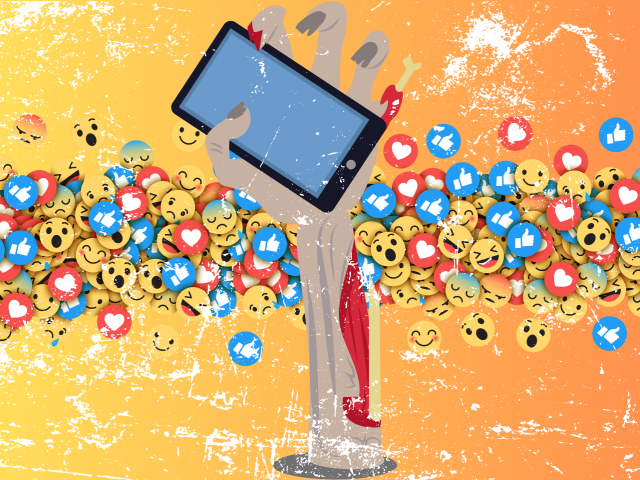
Zombie claims don’t bite, but they’re annoying. Do your part to stop them resurrecting by following our tips for spotting recycled hoaxes.
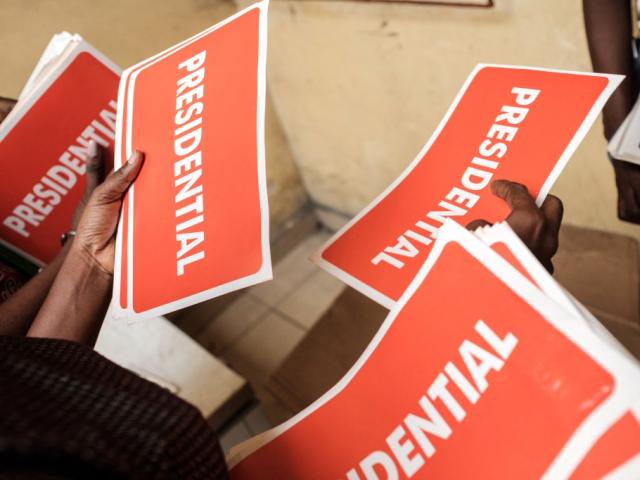
A slew of surveys on who is likely to win in Nigeria’s 2023 elections have appeared since campaigning officially kicked off.
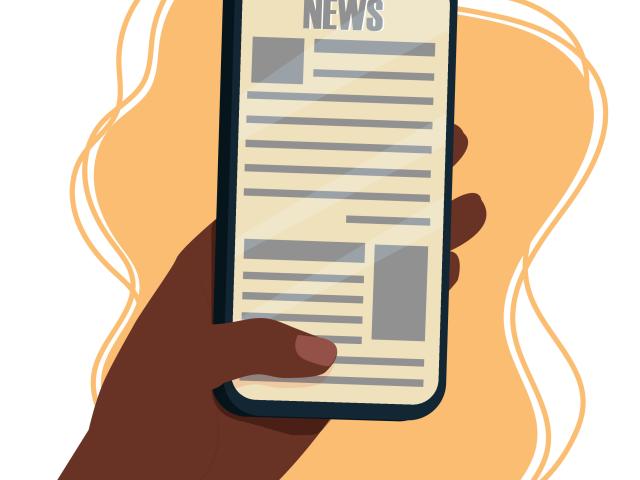
If it’s a big and important issue, be cautious about what you share or see shared on social media.
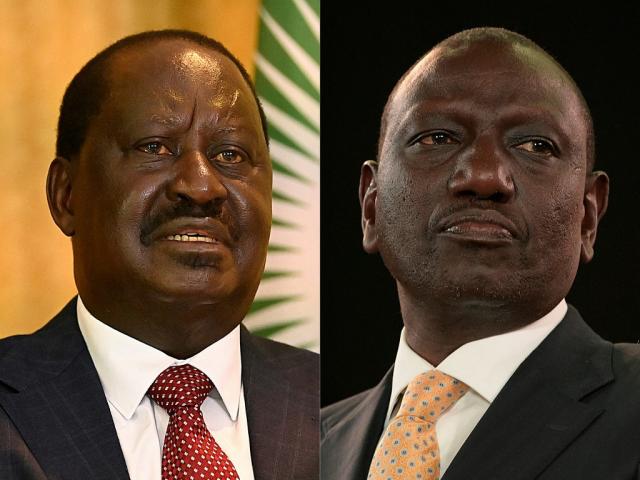
As Kenyans prepare to vote, they have faced a wave of opinion polls. Our guide explains how to make better sense of them.
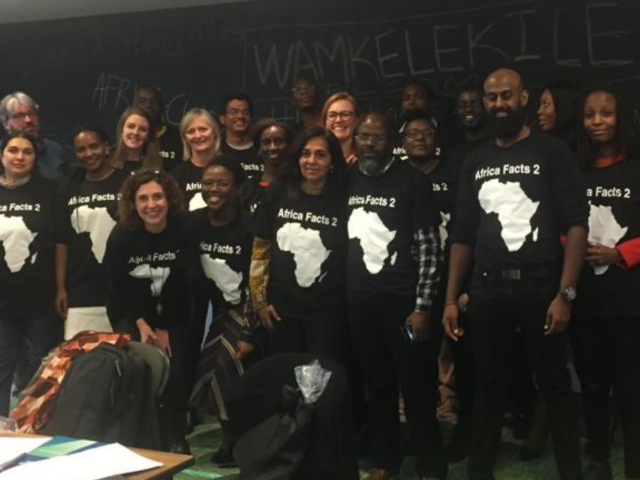
As Covid-19 vaccines were rolled out across the world, a recent Africa Facts meeting discussed ways African fact-checkers could counter vacc...
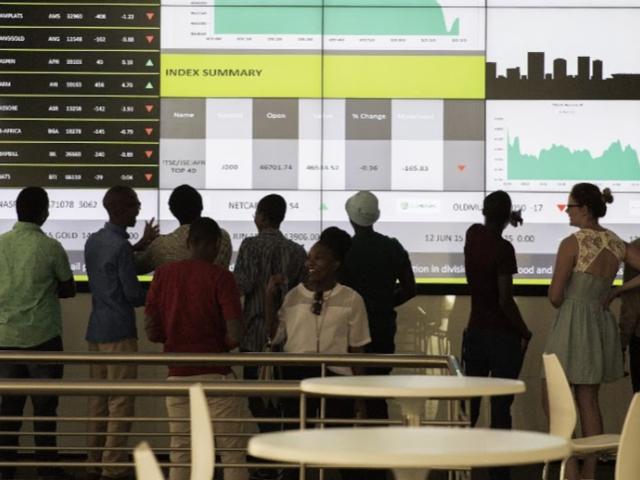
Numbers don’t lie, right? That’s not always true, especially when they’re rounded off, compared or reported with no statement of uncertainty...
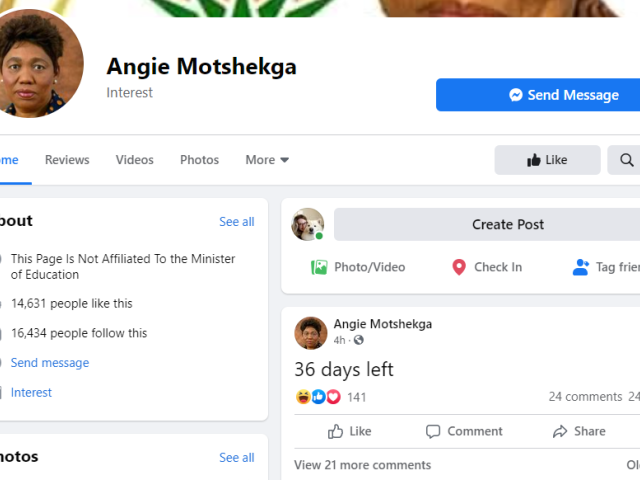
Joke and hoax Facebook pages set up to look like official government accounts appear to be a national pastime in South Africa. We list five ...
Did you know that our work is free to read and share? Support our work to continue reading.
Subscribe to our newsletterSupport independent fact-checking in Africa.
Make a donation